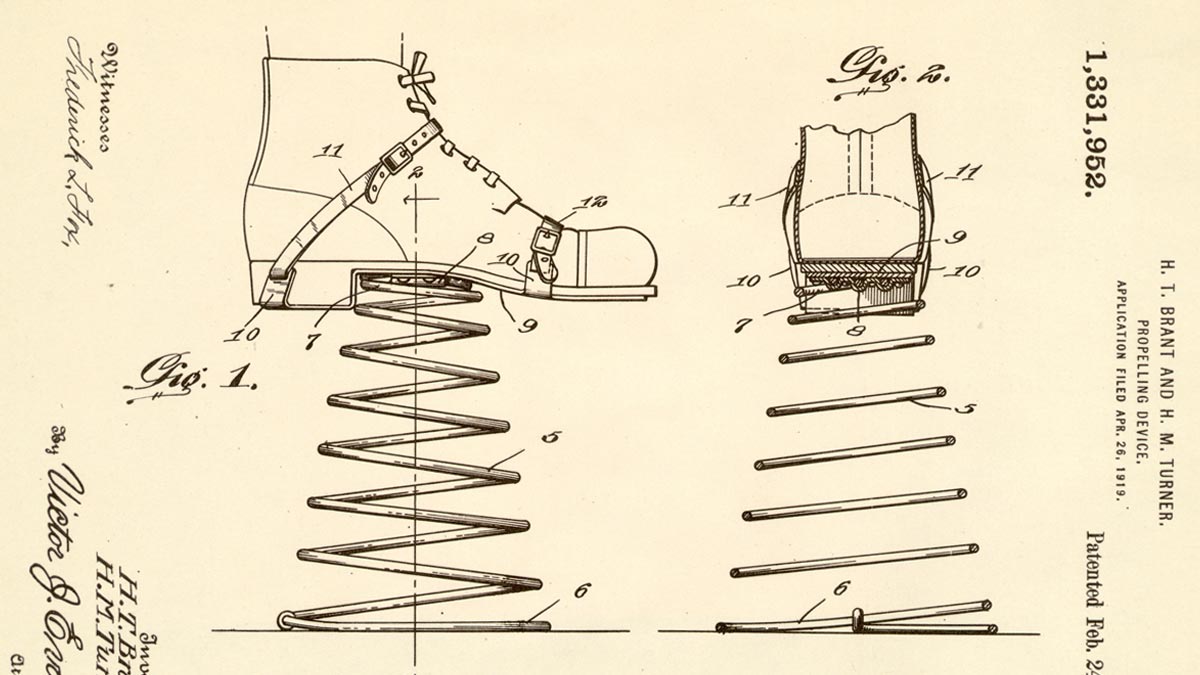http://www.extremetech.com/computing/202679-would-microsoft-really-open-source-windows
At ChefCon, Microsoft Technical Fellow and top engineer Mark Russinovich dropped a bombshell in front of several hundred people that use Chef, an open-source website management tool: He said that Microsoft one day could “open source” the entire Windows OS–in other words, give the code away for free. Cue jaws hitting the floor across the tech community.
“It’s definitely possible,” Russinovich says. “It’s a new Microsoft.”
Now, I know Ballmer isn’t at Microsoft anymore. But I would have loved to see the former CEO’s face when he heard that news. Ballmer is the guy that had the following to say about Linux in 2001: “Linux is a cancer that attaches itself in an intellectual property sense to everything it touches… The way the license is written, if you use any open-source software, you have to make the rest of your software open source.” He also likened it to communism in another interview.
That said, it is in fact a new, Nadella-run Microsoft these days. So what would this entail exactly? Despite all of the inroads Apple has made with increasing OS X share, and despite years of promise (if not reality) for Linux to become a desktop OS, Windows is still far and away the number one desktop operating system in use today. According to NetMarketShare for March 2015, multiple versions of Windows together command roughly 90 percent of the desktop-and-laptop OS market:
NetMarketShare 3/15
It’s tempting to take this at face value and assume Microsoft will release Windows code to the open-source community someday. But there’s no way this is happening anytime soon. Microsoft makes a tremendous amount of money from the Windows license. Even after promising free upgrades to current Windows 7 and 8 users, and signaling it may look the other way for illicit copies floating around in other countries, Windows remains a tremendous cash cow for Microsoft.
Now, there are ways for Microsoft to make money on Windows outside of the license itself. It can sell enterprise service and management packages the way Red Hat does. It could only do this on the server side, in order to recapture some market share from Linux, which remains the leader there. Microsoft has been expanding its. NET framework and Azure, and has made parts of those products open source in the past. It’s also made plenty of contributions on GitHub. But a blanket open source license for Windows on the client side seems like a pipe dream — even though a top Microsoft exec just said it on stage.
Besides, could you imagine what all that code even looks like? This is the OS that still has the same NT-based notepad.exe with the same formatting problems it did 20 years ago. Nonetheless, it will be interesting to see what comes of this open-source Windows business down the line.
